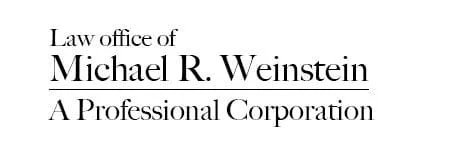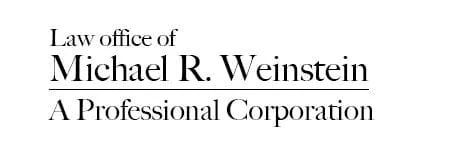- posted: Mar. 29, 2020
This is my first blog post (ever) so please cut me some slack. I am an attorney and not a reverse mortgage salesman. Let me give you a little background on a problem I have become aware of concerning reverse mortgages. I have heard on National Public Radio that a large percentage of people reaching retirement age (62) are continuing to work because: 1. they did not save enough to retire, 2. their savings were severely diminished by the recession we just went through, or 3. they enjoy what they do (like me). For those who would like to retire but are financially unable to, they may be able to received tax free income from the equity they have in their house by use of a reverse mortgage. The lender is betting your home will not go down in value and, based on your life expectancy, will pay you a monthly tax free payment from the equity in your house. You must live in the house. When you move out of the house or you die (last to die in case of husband and wife) the house is sold and the lender gets their money plus interest back. Anything left over goes into your estate or to you.
HERE IS THE PROBLEM: The lenders are very tightly regulated by the Federal Agency called HUD. If a married couple attempts to sign up for a Reverse Mortgage and one of them is mentally incapacitated, the mentally incapacitated spouse cannot sign the loan document. The immediate request by the lender is often that you must get a conservatorship for the incapacitated spouse so the caretaker spouse can sign for the incapacitated spouse. Getting a conservatorship is expensive in legal and court fees, the conservator must file biennial accountings (every two years) and care plans with the court and you have investigators visiting you to assure the incapacitated person is properly taken care of. In the right circumstances, this is great. But where you have a loving/caring spouse, this can be expensive and very time consuming.
California has a procedure where the court can grant the caretaker spouse an order giving them authority to enter into A (one) transaction for an incapacitated spouse without a conservatorship. There is still some court and legal fees but nothing like a Conservatorship.
In a recent case, a lender would not accept a Durable Power of Attorney from the Caretaker Spouse without letters from a doctor saying the incapacitated spouse was competent at the time she signed the Power of Attorney. There has been so much fraud going on that HUD is very cautious. Very few doctors will sign a letter unless they examined the spouse at exactly the right time and since that probalby happened several years ago, this is not likely to happen So that door seems to be closed but I am researching it.
Last, if the property is held in a trust with both spouses as trustees, the lenders do not seem to be willing to accept the removal of the incapacitated spouse as a trustee so that the caretaker spouse can get the reverse mortgage.
So, in cases of incapacitated spouses, we seem to have difficulty in getting them a reverse mortgage so that the incapacitated spouses care can be paid for.
This is a work in progress for me and I am working with lenders and attempting to work with HUD to find out how we can achieve a Reverse Mortgage where there is an incapacitated spouse. I will publish more when I find more information.
Any thoughts?
Disclaimer: This blog is posted for education and information purposes only and should not be used for individual cases without consulting with an attorney.


